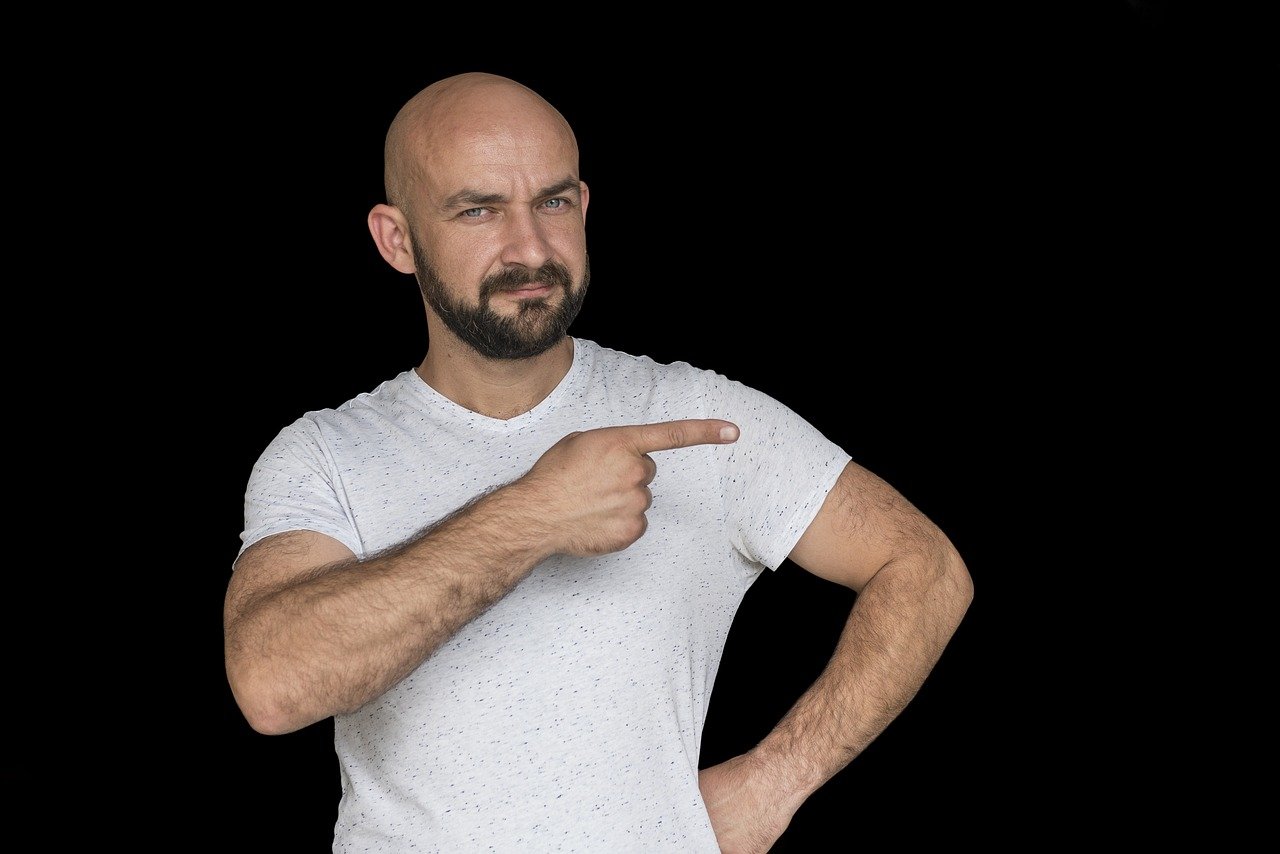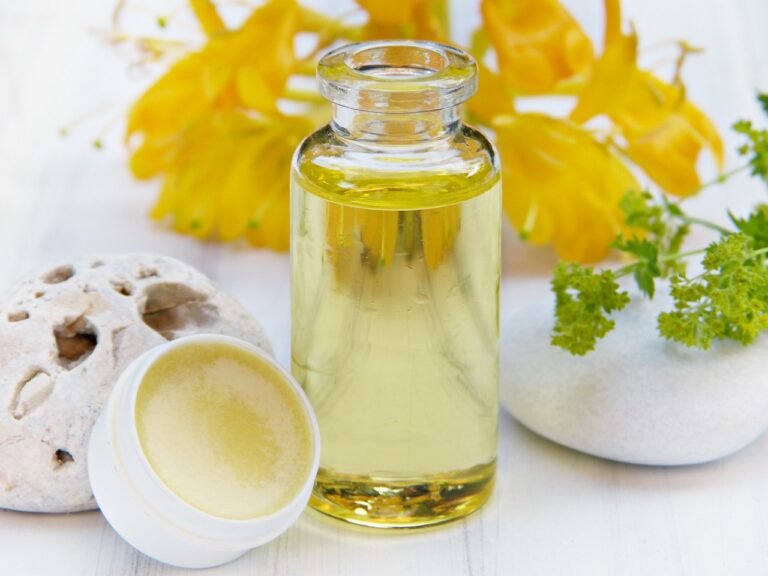Hair fall can be a distressing experience for many men, affecting not just their appearance but also their confidence. Luckily, there are numerous solutions available that can help combat hair fall effectively. In this comprehensive guide, we’ll explore various causes of hair fall, preventative measures, and the best solutions to tackle this common issue.
Understanding Hair Fall in Men
Hair fall in men is a widespread problem that can be caused by various factors. Understanding these causes is the first step in finding the right solution.

Common Causes of Hair Fall in Men
Genetic Factors
One of the most common reasons for hair fall in men is genetics. If your family has a history of hair loss, chances are you might experience it too.
Hormonal Changes
Hormonal changes, particularly involving dihydrotestosterone (DHT), can lead to hair thinning and loss. This hormone affects hair follicles, leading to shorter growth phases and weaker hair.
Stress and Lifestyle Factors
Stress is a significant contributor to hair fall. High-stress levels can disrupt the hair growth cycle, leading to more hair shedding. Additionally, poor lifestyle choices such as smoking and lack of sleep can exacerbate hair fall.
Nutritional Deficiencies
A diet lacking essential nutrients like iron, zinc, and vitamins can weaken hair and lead to increased hair fall. Proper nutrition is crucial for maintaining healthy hair growth.
Medical Conditions
Certain medical conditions, including thyroid disorders, scalp infections, and autoimmune diseases, can cause hair loss. It’s essential to address these underlying health issues to manage hair fall effectively.
Preventative Measures for Hair Fall
Healthy Diet
A balanced diet rich in proteins, vitamins, and minerals is vital for healthy hair. Incorporate foods like eggs, nuts, seeds, leafy greens, and fish into your meals.
Regular Exercise
Exercise improves blood circulation, which helps nourish hair follicles. Aim for at least 30 minutes of exercise most days of the week.
Stress Management Techniques
Practice stress management techniques such as yoga, meditation, and deep breathing exercises to reduce stress levels and promote hair health.
Proper Hair Care Routine
Avoid harsh hair treatments and opt for gentle, sulfate-free shampoos and conditioners. Regularly massage your scalp to improve blood circulation and stimulate hair growth.
Effective Hair Fall Solutions
Topical Treatments
Minoxidil
Minoxidil is a popular over-the-counter treatment that promotes hair growth. It works by stimulating hair follicles and prolonging the growth phase of the hair cycle.
Application Process
Apply Minoxidil directly to the scalp twice a day. Consistency is key to seeing results, which typically appear after 4-6 months of use.
Effectiveness and Side Effects
Minoxidil is generally effective for many men, but some may experience side effects such as scalp irritation or unwanted hair growth on other parts of the body.
Finasteride
Finasteride is an oral medication that reduces DHT levels, thereby preventing hair fall and promoting regrowth.
Mechanism of Action
Finasteride works by inhibiting the enzyme that converts testosterone to DHT, reducing its effects on hair follicles.
Usage Guidelines
Take Finasteride as prescribed by your doctor, usually once a day. It may take several months to see noticeable results.
Benefits and Potential Risks
Finasteride can be highly effective, but it may cause side effects like decreased libido or erectile dysfunction in some men.
Natural Remedies
Essential Oils
Essential oils like rosemary, lavender, and peppermint can stimulate hair growth.
Popular Essential Oils for Hair Growth
Rosemary oil is known for its ability to improve circulation, while lavender oil has antimicrobial properties that can improve scalp health.
How to Use Essential Oils
Mix a few drops of essential oil with a carrier oil like coconut or jojoba oil and massage it into your scalp.
Aloe Vera
Aloe Vera is known for its soothing properties and can help reduce scalp inflammation.
Benefits of Aloe Vera
Aloe Vera moisturizes the scalp, reduces dandruff, and can promote hair growth.
Methods of Application
Apply pure Aloe Vera gel directly to the scalp and leave it for 30 minutes before rinsing.
Onion Juice
Onion juice is rich in sulfur, which can boost collagen production and enhance hair growth.
How Onion Juice Promotes Hair Growth
The sulfur in onion juice helps regenerate hair follicles, leading to improved hair growth.
Preparation and Application Tips
Blend an onion and strain the juice. Apply it to your scalp and leave it for 15-30 minutes before washing it off.
Lifestyle Changes
Healthy Diet
Eating a diet rich in vitamins and minerals is essential for hair health.
Foods That Promote Hair Health
Include foods like spinach, eggs, berries, and fatty fish in your diet.
Dietary Tips for Reducing Hair Fall
Stay hydrated and avoid crash diets, which can lead to nutritional deficiencies.
Regular Exercise
Exercise not only improves overall health but also boosts hair health.
Impact of Exercise on Hair Health
Exercise increases blood flow to the scalp, promoting hair growth.
Recommended Exercise Routines
Incorporate a mix of cardio, strength training, and flexibility exercises into your routine.
Stress Management
Managing stress is crucial for reducing hair fall.
Techniques for Reducing Stress
Practice mindfulness, engage in hobbies, and ensure you get enough sleep.
Benefits of Stress Reduction on Hair Health
Reducing stress can help normalize the hair growth cycle and reduce shedding.
Medical Treatments
Hair Transplant Surgery
Hair transplant surgery involves moving hair follicles from one part of the body to the balding areas.
Types of Hair Transplants
The two main types are Follicular Unit Transplantation (FUT) and Follicular Unit Extraction (FUE).
Procedure Overview
In FUT, a strip of scalp is removed and dissected into grafts. In FUE, individual follicles are extracted and implanted.
Expected Results and Recovery
Results can be natural-looking, with a recovery period of a few weeks.
Platelet-Rich Plasma (PRP) Therapy
PRP therapy involves injecting platelet-rich plasma into the scalp to stimulate hair growth.
What is PRP Therapy?
PRP is derived from the patient’s blood and contains growth factors that promote healing and hair growth.
How PRP Helps in Hair Growth
PRP can increase hair thickness and improve hair density.
Procedure and Effectiveness
The procedure is minimally invasive and takes about an hour. Multiple sessions are usually needed for optimal results.
Choosing the Right Solution for You
When selecting a hair fall solution, consider factors such as the severity of your hair loss, your budget, and your personal preferences.
Consulting a Professional
It’s always a good idea to consult a dermatologist or trichologist to get a personalized treatment plan.
Customizing Your Hair Fall Solution Plan
Combine different treatments and lifestyle changes for the best results.
Conclusion
Hair fall can be a challenging issue, but with the right approach, it is manageable. From topical treatments and natural remedies to lifestyle changes and medical treatments, there are plenty of options to explore. Start your journey towards healthier hair today!
FAQs
How long does it take to see results from hair fall treatments?
Results can vary depending on the treatment. Topical treatments like Minoxidil may take 4-6 months, while medical treatments like hair transplants can show results in several months to a year.
Are there any side effects of using Minoxidil or Finasteride?
Yes, Minoxidil can cause scalp irritation, and Finasteride may lead to side effects like decreased libido or erectile dysfunction in some men.
Can diet alone stop hair fall?
While a healthy diet is crucial for hair health, it may not be sufficient alone to stop hair fall, especially if genetic or hormonal factors are involved.
Is hair transplant surgery a permanent solution?
Hair transplant surgery can provide long-lasting results, but it’s essential to maintain a healthy lifestyle and follow post-surgery care instructions to ensure the best outcome.
What lifestyle changes can help reduce hair fall?
Adopting a healthy diet, exercising regularly, managing stress, and following a proper hair care routine can all contribute to reducing hair fall.


